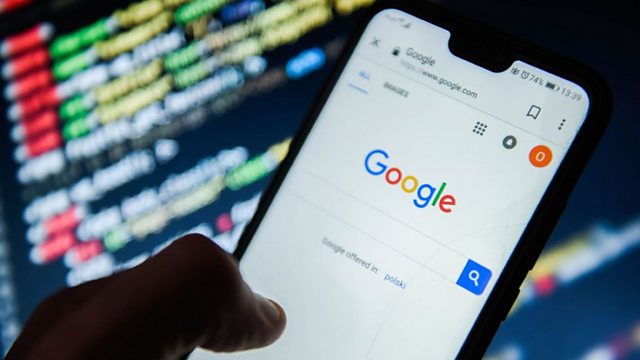Who should pay for the news?
Google and Facebook react to plans to force them to negotiate payments to news outlets in Australia.
Google this week signed multi-million dollar deals with a number of major news providers in Australia, agreeing to pay for the journalism it features on its new ‘News Showcase’ pages. It comes as Australia’s parliament debates a proposed new law that would force tech giants to negotiate with news outlets big and small. Facebook, which like Google opposes the draft law, responded by blocking access to news content on the platform nationwide. But critics argue the proposed laws don’t go far enough and that the traditional business model of funding journalism through advertising revenue is broken. The pandemic has meant reduced income for many small newsrooms, despite an apparent rise in appetite for local information surrounding Covid-19. If access to reliable news is crucial to the smooth running of democracy, who should step in to pay for the journalism voters need? When it comes to paying the bills, what is the future of news? Join Paul Henley and a panel of expert guests.
Last on
More episodes
Contributors
Jeff Jarvis - A professor of journalism at the City University of New York and author of: 'What Would Google Do?'
Danielle Coffey - Senior vice president of the News Media Alliance, an industry body whose members represent nearly two thousand diverse news organisations across the United States
Kathryn Geels - Director of grants programmes at the European Journalism Centre
Also featuring ...
Anna Draffin - CEO of the Public Interest Journalism Initiative (PIJI) in Australia
Photo
The Google homepage as displayed on a smartphone - Credit: Getty Images
Broadcasts
- Fri 19 Feb 2021 10:06GMT���˿��� World Service
- Sat 20 Feb 2021 00:06GMT���˿��� World Service
- Sat 20 Feb 2021 04:06GMT���˿��� World Service
The Real Story Podcast
Subscribe via your favourite podcast app...
Podcast
-
![]()
The Real Story
Global experts and decision makers discuss, debate and analyse a key news story.


